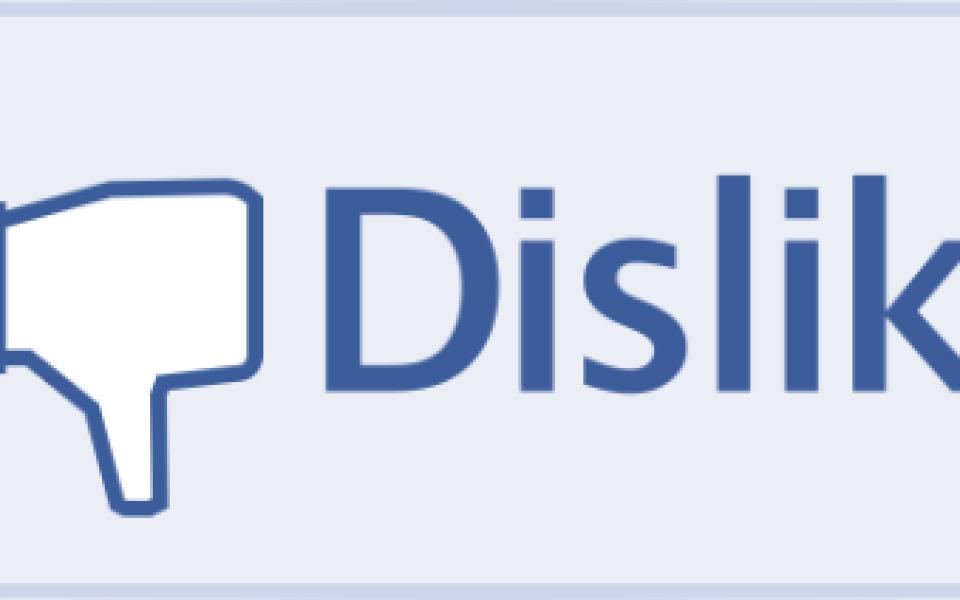Social media — particularly Facebook — has become a transformational force in the American conversation. It’s an accelerant to the news cycle. A hub for like-minded folks to organize. A real-time fact-checker for those who would deceive us. It’s become so pervasive in many of our lives that we get withdrawal symptoms when we’re away from it for too long. For some, it is their only interaction with the internet.
But believe it or not, there was a time before Facebook.
It was a more innocent — and more productive — era, when we had no idea what our friends’ kids looked like, when people would go to a news website and hang for a while to read a bunch of different articles instead of just parachuting in from social media for a one-page stand, when we could go our entire lives without knowing the political affiliations of our angry relatives and we found out about rock shows and art openings from posters stapled to telephone poles.
Facebook has become the de facto public square after vanquishing MySpace and steamrolling over Google+, a competitor launched in 2011 by the search network. Google announced plans to shut down Google+ by August 2019 after discovering that 90 percent of all visits to the site lasted less than 5 seconds, and also a nasty security vulnerability, according to a report on CNet this week.
Today Facebook lures 2.23 billion monthly users; it’s hard to believe a juggernaut of this size could ever constrict. But it’s already starting.
First off, it’s possible as many as half of Facebooks profiles are catfish and Russian bots — the company deleted 1.3 billion fake accounts in May. And as the threads have morphed from pictures of our friends’ kids into a political rage and propaganda machine, more and more people are tuning out.
Most significant, though, is the age cutoff.
Baby Boomers like Facebook just fine — the ones who can figure out how to use it. In the United States, Millennials make up the largest block of account holders and Generation X has the strongest cohort of daily users, according to reports by Nielsen and Statistica.
But young adults — 18-24 years old and under, demographically speaking — have just 39.4 million Facebook accounts. And of the 230 million or so US Facebook accounts, just 6.8 million belong to the youngest bracket, 13-17.
All things, even Facebook, will pass.
Join the First Amendment Society, a membership that goes directly to funding TCB‘s newsroom.
We believe that reporting can save the world.
The TCB First Amendment Society recognizes the vital role of a free, unfettered press with a bundling of local experiences designed to build community, and unique engagements with our newsroom that will help you understand, and shape, local journalism’s critical role in uplifting the people in our cities.
All revenue goes directly into the newsroom as reporters’ salaries and freelance commissions.


Leave a Reply